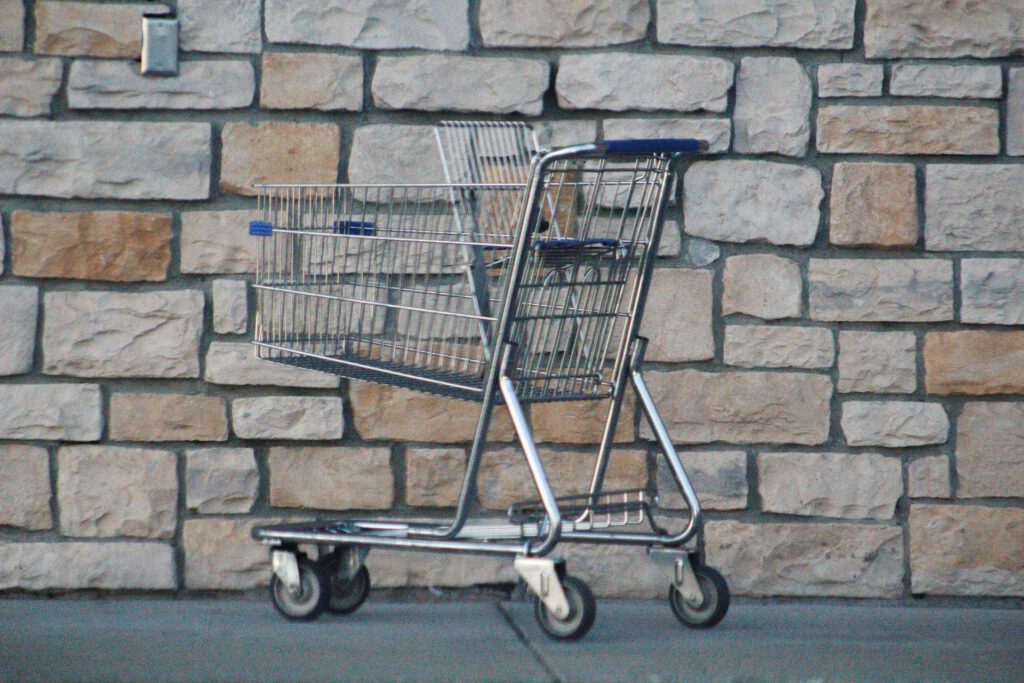How are people dealing with the rises in the cost of living?

Not so long ago we were focused on the threat of Covd-19. Now as that seems to be fading into the background, we are facing an extremely challenging time as the cost of living rises rapidly.
How are we and our older family, many of whom exist on fixed and even falling incomes, cope with this growing pressure on their finances?
The Opinions and Lifestyle Survey has taken a look at spending between March and June this year, and reports that energy use and spending on food and essentials were the focus for many.
Energy
The cost of energy is probably the most worrying challenge. In the UK we are currently experiencing a sweltering summer, which means we’re not using heating. In a few months that will be a very different proposition. With the energy price cap set to rise more regularly than before, the future is looking very difficult.
Already this spring some 24 million people in Great Britain said they were reducing energy use. Of those, people aged between 55 and 74 years had said they more likely to reduce their gas and electric use. Disabled people were also more likely to be reducing their energy use, with 55% of disabled people who were experiencing an increase in their cost of living reporting this change, compared with 50% of non-disabled people. These may be connected, as the survey has found that older people are more likely to identify as disabled than younger people.
Food and essentials
With just a regular weekly visit to the supermarket, it’s clear that the cost of food and other household essentials is rising fast.
Around 16 million people cut back on food and essentials over the months from March to June, according to the survey. Around 4 in 10 disabled people experiencing rising cost of living cut back on food and essentials, which makes them more likely than non-disabled people to have done so.
Those in the most deprived areas were more likely to have reduced spending on food and essentials.
Travel
Nearly 8 in 10 people cited the rising price of fuel as contributing to the rise cost of living. Of those people, 42% said they were cutting back on any non-essential journeys they made in their vehicle.
The survey found that disabled people were more likely to have reduced the number of non-essential journeys they took than non-disabled people. This is despite disabled people already reporting that they were making fewer non-essential trips in general prior to recent rises in the cost of living.
Bridging the gap
Cutting back on spending is one of the ways that people are trying to survive the rise in the cost of living.
Other strategies people are using are short-term fixes. According to the survey, almost a quarter (23%, around 11 million people) were using their savings to cover costs, and 13% (around 6 million people) said they were using more credit than usual.
If this article interested you, you may like to read:
- Tips to help seniors cope with the rising costs of energy
- Is it time to upgrade the boiler?
- Claiming benefits and allowances that can help
- Saving money on pet care
Photo by Joshua Hoehne on Unsplash

